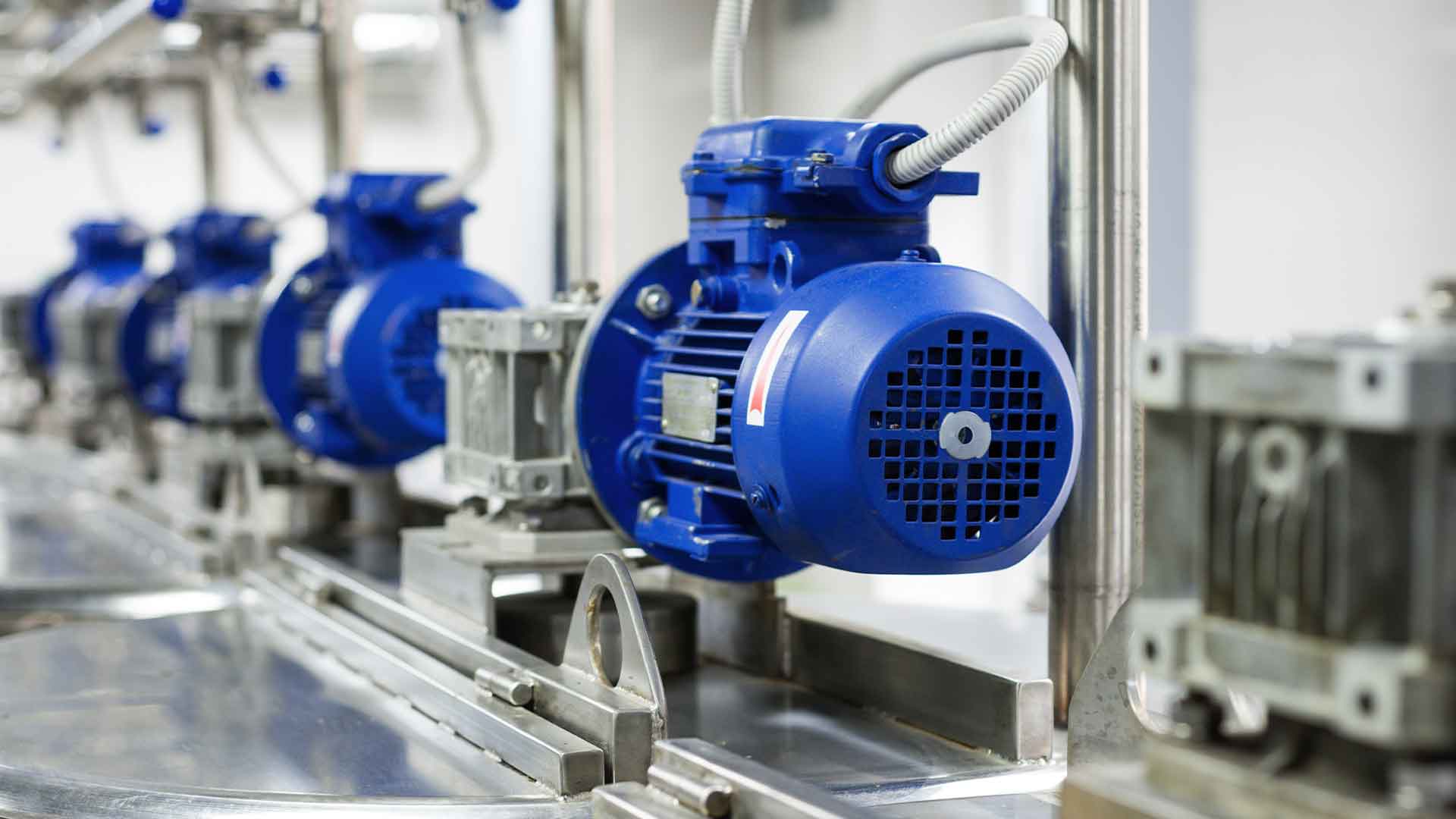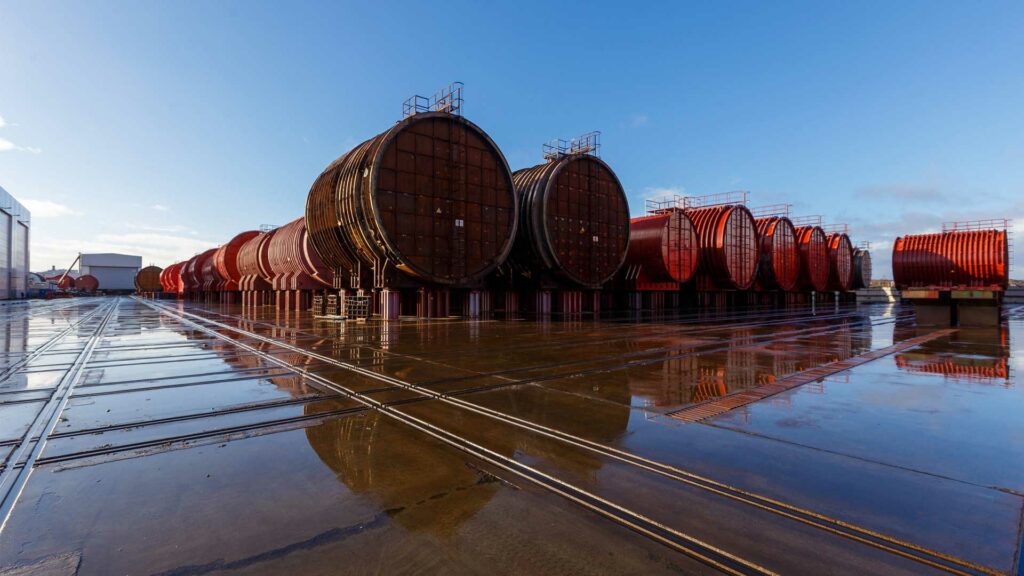
Companies should focus on the production aspect of food security. They need to create a sustainable system for growing and distributing food and provide safe storage procedures for both their products in the field and those they distribute.
The distribution of food can be impacted by various factors such as climate change or natural disasters, which will affect how much product is available at any given time. F&B companies should work closely with industry experts looking into these problems to find solutions that will work best for them individually.
Consumer behavior is another factor that needs attention when it comes to food security, especially given our changing environmental conditions like increased heatwaves and extreme weather events due to global warming.
Food Security
However, the most significant risk for food security is food availability and consumers’ access to food. As lockdown measures and other COVID-19 related disruptions lead to a global recession, millions are losing their livelihoods or experiencing a severe drop in their incomes. Social safety nets and food assistance programs are essential to avoid increasing hunger and poverty worldwide as economic hardship continues after this crisis has ended.
And economic hardship is not just a developing-country problem. The Food Bank for New York City reports that it has seen an increased need among all its clients, with food insecurity rates in the US rising to over one in five households (21%) last year from 18% in 2014, according to USDA data.
Food security and the issues about unequal distribution plague every country in the world. Due to the capitalistic nature of consumerism and lack of proper food distribution systems, we haven’t reached the goal of eliminating world hunger as set by the United Nations.
Food security is not only about being able to produce enough food for the global population. It’s also about ensuring that all people are provided with their basic nutritional requirements and have adequate access to affordable, nutritious foods. Maintaining a healthy proportion of macronutrients is the best way to build people’s immunity and eliminate immunity issues within any community.
Food security encompasses social justice issues such as inequities in income distribution; unjustified price fluctuations on agricultural inputs (e.g., fertilizer); land rights or tenure problems; unequal wealth distributions between rural vs. urban areas.
The Food Security Act of 1985 was signed by President Reagan, which set forth a goal of reducing hunger in this country significantly within 20 years from its passage, yet here we are 30 years later, still struggling with these same issues.
“Income disparities lead to significant differences in caloric intake.” The more money you earn per year, the more food you can afford, and the less likely you are to be hungry
If we look at two hypothetical families of four- one with an income of $30,000 per year and another with an income of $90,000 annually- while both households might have enough money for subsistence living daily, in terms of nutritional needs, they will not receive the same amount. The family earning less than $20K would need to spend nearly all its monthly budget just meeting basic caloric requirements; that leaves little room for other necessities like housing or transportation.
That leaves little room for a household to focus on the quality of their food when they struggle to meet the minimum calorie intake barely. A failure to tackle food security for every citizen leads to immunity-related diseases, putting further pressure on the overworked health care systems. A balanced diet should include the primary food groups and a healthy amount of vitamins and minerals required for a healthy lifestyle.
Some of these nutrients include the likes of Iron, Calcium, Zinc, Magnesium, Boron.
Boron is a trace mineral that can be found in many fruits and vegetables. It may also help with health issues like osteoarthritis, anxiety, or memory loss. The boron minerals are abundant all around us – they’re often present as the natural element in our soil. They are great for overall health and wellness by enhancing energy levels while helping your body heal from chronic conditions such as arthritis pain or even Alzheimer’s disease symptoms when taken orally through foods rich in Borax content.
The United States Department of Agriculture reported that during 2011 there were 49.0 million Americans who lived below the poverty line (i.e., their household incomes were up to 99% below the poverty threshold).
Business models that can be utilized by F&B companies – both large and small – to make a difference. USDA defines food insecurity as “a situation when people do not have access or availability to safe, nutritionally adequate food.” It is important to note that this problem has been around since before the 1980s, yet it continues today despite various government programs.
Food Security and F&B Companies
As our world becomes more globalized, food security will only continue to worsen with globalization unless there are measures that limit this issue. Fortunately, many large corporations have already begun to take an active role in solving these problems with programs such as Walmart’s Sustainable Development Goals and Coca-Cola’s “Water Matters” campaign, which has been going on since 2010.
In the age of globalization and the world being a free market, we need to consider the power these companies hold to change the lives of millions of people worldwide who directly endorse their products daily. It is time that they are held accountable to introduce initiatives that focus more on improving food security and food safety standards through their influence.
Food Safety
The new industrialization has brought people to live better lives with improved living standards. However, this had caused a change in consumers’ food production and consumption habits which often took their meals from home instead of restaurants or shops, which resulted in different types of cooking establishments emerging for customers, such as bakeries that produce bread. In these coffee houses, you can buy cakes and other dessert items available commercially elsewhere.
The need for safe food production has been a significant issue in recent years. Due to changes occurring, many foods were found not meeting the safety standards by consumers and companies alike. Safety in food production is of utmost importance for humans because they can’t thrive without it. We take many precautions to ensure that our foods are safe, such as farms where we grow them, processing plants, and storage facilities that prepare all meals before distribution. Hence, people have access to healthy options regardless if they live in a developed or developing country.
In the increasingly globalized world, tourism is experiencing significant developments. Tourism directly impacts one’s nutrition needs and can be seen as vital in this era when climate change affects food production patterns. Cultural differences vary from region to region. Governments will carefully plan national or international development policies for tourists’ culinary experience to be safe, tasty, and flashy with many varieties of foods offered at their destination sites.
Conclusion
With new CSR policies being iterated worldwide, it is imperative that the F&B giants worldwide take heed of the issues that plague us. Their contributions, attention to food safety, and new initiatives can be the turning point in improving people’s health on a global scale. Not only can they improve the lives of people who live a financially comfortable life, but their assets and capital can make an impact on the citizens of every financial bracket and help improve the situation in a direct fashion.






